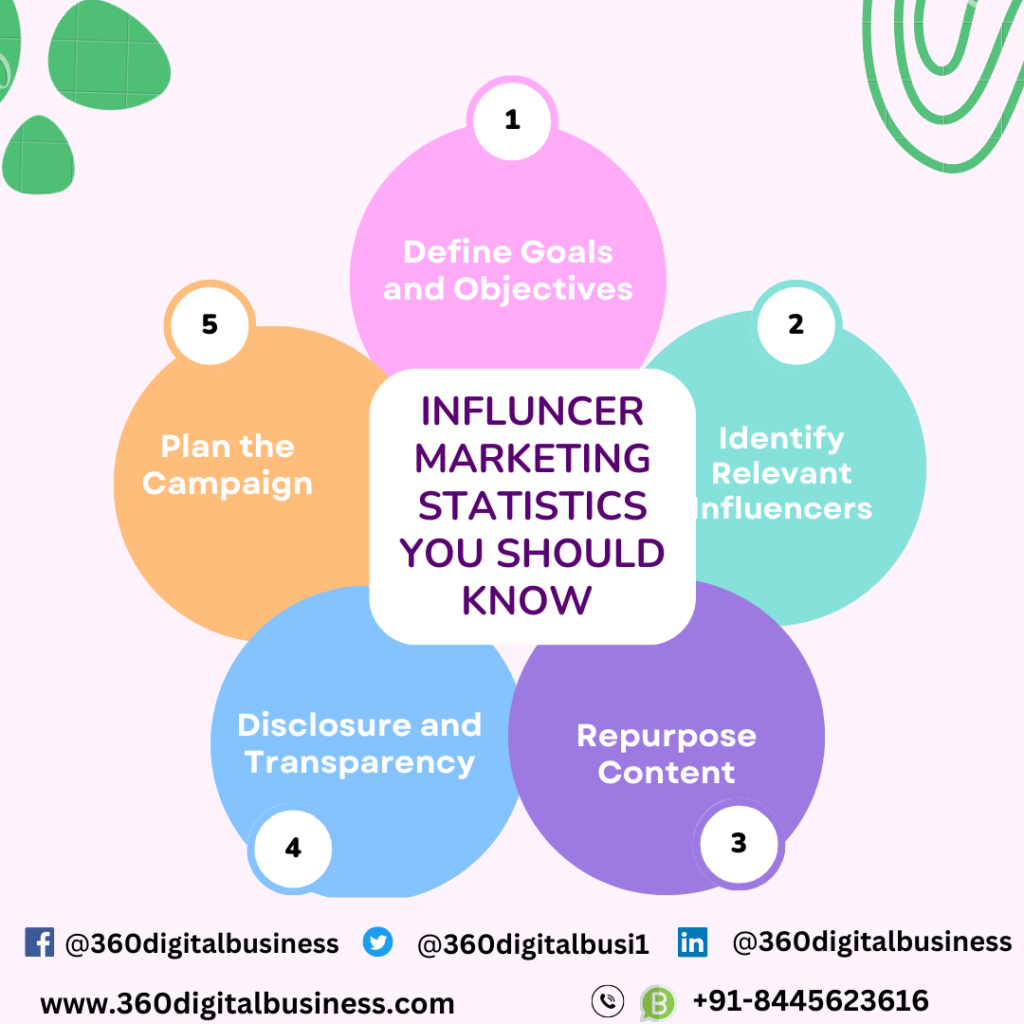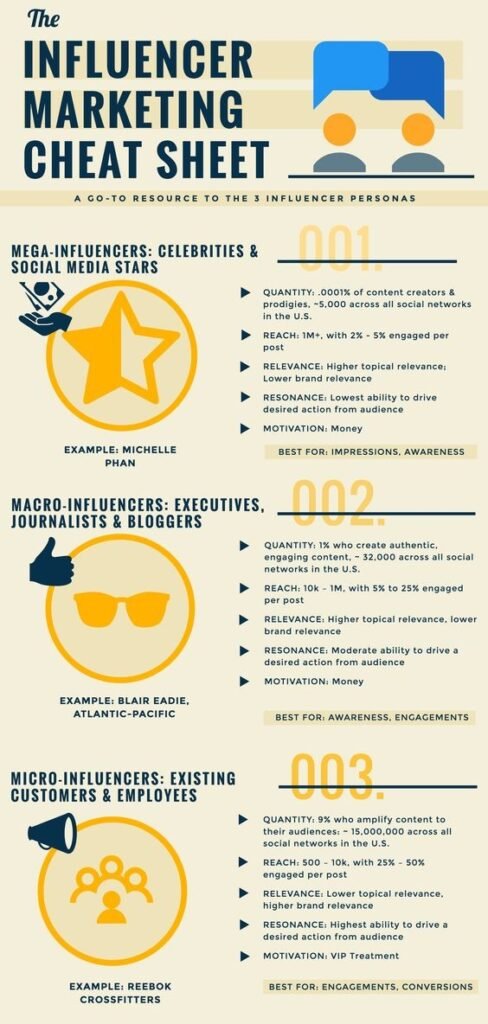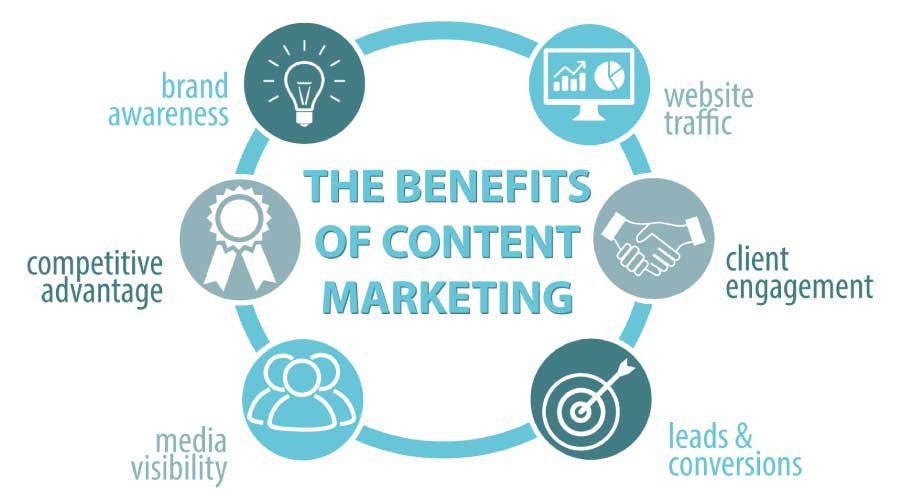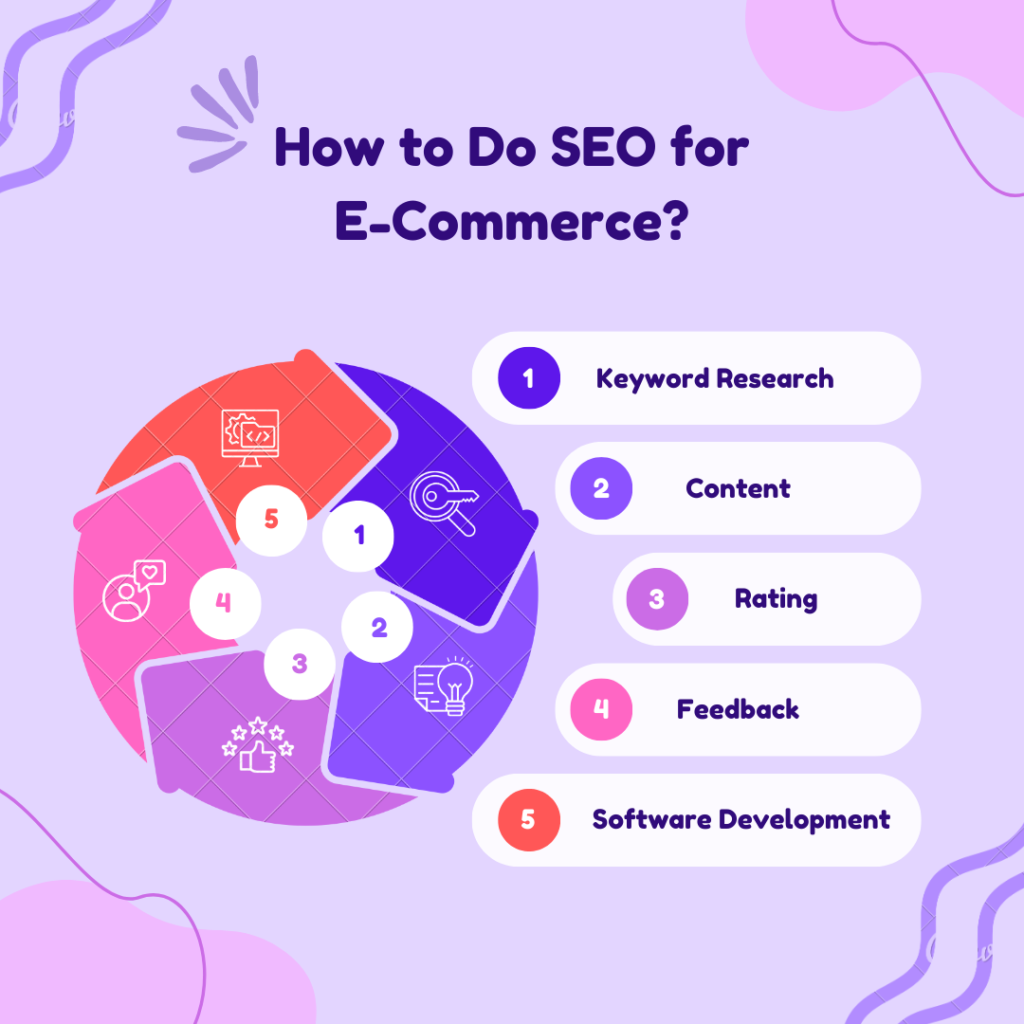The Power of Influencer Marketing: Connecting, Engaging, and Impacting
In today’s fast-paced digital landscape, traditional advertising methods have taken a backseat as businesses and brands seek innovative ways to reach their target audiences. Enter influencer marketing – a dynamic strategy that has gained remarkable traction in recent years. But what exactly is the power of influencer marketing, and why has it become such a powerhouse in the world of marketing? Let’s dive in and explore this captivating phenomenon.
Influencer Marketing
At its core, influencer marketing is a strategic you should know collaboration between brands and individuals who have established credibility, trust, and a substantial following within a specific niche. These individuals, known as influencers, have the ability to sway the opinions, behaviors, and purchasing decisions of their followers due to the authentic and relatable content they create. Influencer marketing leverages this influence to promote products, services, or ideas to a highly engaged audience

The Mechanics of Influencer Marketing
Influencer marketing operates on the principle that people are more likely to trust recommendations from those they perceive as peers rather than from traditional advertisements. Brands identify influencers whose values align with their own and whose audience matches their target demographic. These influencers then create content that seamlessly integrates the brand’s message, product, or service into their own authentic narrative.
The content can take various forms, including Instagram posts, YouTube videos, blog articles, podcast mentions, and more. It is this genuine and organic integration that sets influencer marketing apart from traditional advertising, making it feel less intrusive and more relatable.
Types of Influencers
Influencers come in various sizes and niches, which allows brands to tailor their approach according to their goals and target audience. Here are a few common types of influencers:
Mega-Influencers: These are celebrities or well-known figures with a massive following. While they can reach a broad audience, their engagement might be lower due to their diverse fan base.
Macro-Influencers: These influencers have a substantial following, often in the hundreds of thousands or even millions. They typically focus on specific niches and can yield high engagement rates.
Micro-Influencers: With a smaller but highly engaged following, micro-influencers specialize in niche topics. They tend to have a more personal connection with their audience, making their recommendations highly influential.
Nano-Influencers: These individuals have a modest following, often within their immediate social circles. They’re known for their authenticity and personal connections, making their recommendations particularly impactful.

The Advantages of Influencer Marketing
Credibility and Trust: Influencers have already established trust with their followers, making their endorsements feel more genuine and less like traditional advertising.
Niche Targeting: Brands can precisely target their desired audience by collaborating with influencers who have a dedicated following in a specific niche.
Content Diversity: Influencers create a wide range of content, allowing brands to experiment with different formats and engage audiences on multiple platforms.
Boosted Engagement: Influencers’ engaged audiences tend to interact more with content, leading to higher engagement rates compared to traditional ads.
Authenticity: Authenticity is a cornerstone of influencer marketing. By allowing influencers creative freedom, brands maintain the genuine tone of their message.

Challenges and Considerations
While influencer marketing offers numerous benefits, there are challenges to navigate:
-
Finding the Right Fit: Identifying influencers whose values align with the brand’s and who can effectively reach the target audience requires careful research.
-
Disclosure and Transparency: Ethical practices demand that influencers clearly disclose their partnerships, maintaining transparency with their audience.
-
Measuring ROI: Measuring the impact of influencer campaigns can be complex, but tracking engagement, reach, and conversion rates helps evaluate their effectiveness.
In Conclusion
Influencer marketing is a dynamic and effective strategy that harnesses the power of authentic connections and social influence. By collaborating with individuals who have already established trust within their communities, brands can create more meaningful and impactful connections with their target audiences. As the digital landscape continues to evolve, influencer marketing stands as a testament to the changing dynamics of how we engage with brands and make purchasing decisions.
How Content Marketing helps business to grow
Introduction:
In today’s digital era, where consumers are constantly bombarded with advertisements and promotions, businesses need to find innovative ways to cut through the noise and capture the attention of their target audience. This is where content marketing comes into play. How Content marketing helps business to grow has emerged as a powerful strategy that not only helps businesses engage their customers but also drives brand awareness, generates leads, and ultimately boosts business growth. In this blog post, we will explore the significance of content marketing and how it can propel your business to new heights.
Building Trust and Credibility:
Content marketing revolves around creating and sharing valuable, relevant, and consistent content to attract and retain a clearly defined audience. By providing high-quality content that addresses the pain points and interests of your target audience, you can position your business as a trusted authority in your industry. When consumers perceive you as an expert and resourceful source of information, it builds trust and credibility, making them more likely to choose your products or services over your competitors’.

Enhancing Brand Awareness:
Creating compelling content allows you to expand your brand’s reach and increase awareness among your target audience. By optimizing your content for search engines and leveraging social media platforms, you can amplify your brand’s visibility and attract a wider audience. Consistently producing and sharing valuable content also encourages social sharing, which further extends your brand’s reach and introduces it to new potential customers
Do you want to grow your business contact us https://360digitalbusiness.com/

Driving Organic Traffic and SEO:
Content marketing plays a pivotal role in driving organic traffic to your website. When you create content that aligns with the interests and needs of your target audience, it becomes more discoverable through search engines. By incorporating relevant keywords, optimizing meta tags, and providing valuable information, your content can rank higher in search engine result pages, driving more organic traffic to your website. As organic traffic increases, so does the potential for lead generation and conversion.
Lead Generation and Nurturing:
Effective content marketing helps your business to grow attract and capture leads by offering valuable resources such as e-books, whitepapers, webinars, or exclusive content gated behind email sign-ups. By implementing lead capture forms or call-to-actions within your content, you can convert website visitors into leads. Once you have acquired leads, you can nurture them through targeted content, such as personalized email campaigns or drip sequences, to guide them through the buyer’s journey and eventually convert them into customers.
Fostering Customer Engagement and Loyalty:
Content marketing is not only about acquiring new customers; it’s also about engaging and retaining existing ones. By consistently delivering valuable and relevant content, you can foster customer engagement, keeping your brand top of mind. Engaging content such as blog posts, videos, podcasts, or interactive social media campaigns encourages customers to interact with your brand, share their experiences, and become brand advocates. Loyal customers are more likely to make repeat purchases, refer your business to others, and contribute to your overall business growth.
Cost-Effective and Measurable:
Compared to traditional marketing methods, content marketing is often more cost-effective. With the right content strategy, you can reach a larger audience at a fraction of the cost of traditional advertising. Additionally, content marketing is highly measurable. By analyzing metrics such as website traffic, time on page, social media engagement, and conversion rates, you can gain valuable insights into the effectiveness of your content marketing efforts. These insights enable you to refine your strategy and optimize your content to achieve better results over time.
Conclusion:
In today’s digital landscape, content marketing has become an indispensable tool for businesses looking to stand out, engage their audience, and drive business growth. By focusing on creating valuable content that addresses the needs of your target audience, you can build trust, enhance brand awareness, drive organic traffic, generate leads, foster customer engagement, and boost customer loyalty. Embrace the power of content marketing and unlock the potential for your business to reach new heights in the ever-evolving digital world.
If you required Digital Marketing Services for your business please contact https://ostacademy.com/
SEO Secrets for Growing Your Online Business
Introduction:
In today’s digital age, having a strong online presence is crucial for the success and growth of any business. Search Engine Optimization (SEO) plays a vital role in driving organic traffic to your website and increasing its visibility on search engine result pages (SERPs). SEO secrets for growing online business By implementing effective SEO strategies, you can boost your online business and attract a larger audience. In this article, we’ll uncover some SEO secrets that can help you grow your online business.
Keyword Research:
One of the fundamental aspects of SEO is keyword research. By identifying the right keywords relevant to your business and incorporating them into your website’s content, you can improve your chances of ranking higher on search engines. Utilize keyword research tools like Google Keyword Planner, SEMrush, or Moz to discover high-value keywords with reasonable search volumes and low competition.

High-Quality Content:
Content is king to increase your business when it comes to SEO. Creating unique, valuable, and engaging content not only attracts visitors but also encourages them to stay longer on your website. Search engines love fresh and informative content, so focus on producing high-quality articles, blog posts, videos, and infographics that cater to your target audience’s needs. Incorporate relevant keywords naturally within your content to optimize it for search engines.

On-Page Optimization:
On-page optimization involves optimizing various elements on your website to improve its search engine visibility. Make sure to optimize your page titles, meta descriptions, headings, and URLs with relevant keywords. Use descriptive alt tags for images and optimize your website’s loading speed to enhance user experience and increase search engine rankings.
Mobile-Friendliness:
With the majority of internet users accessing websites through mobile devices, having a mobile-friendly website is essential. Mobile optimization is now a ranking factor for search engines, and having a responsive design ensures that your website adapts to different screen sizes, improving user experience and search engine rankings.
Link Building:
Building high-quality backlinks from reputable websites is a powerful SEO strategy. Search engines consider backlinks as votes of confidence for your website’s authority and relevance. Focus on acquiring backlinks from relevant and authoritative sources within your industry. Guest blogging, content outreach, and social media engagement are effective techniques for link building.
User Experience (UX):
A positive user experience is crucial for both SEO and the success of your online business. Ensure that your website is easy to navigate, visually appealing, and loads quickly. Optimize your website for easy readability and provide a clear call-to-action (CTA) to guide users towards your desired conversion goals. Engage with your audience through interactive elements like surveys, quizzes, or live chat support.
Local SEO:
If your online business has a physical location or serves a specific local area, optimizing for local SEO is essential. Create a Google My Business listing and ensure your NAP (Name, Address, Phone Number) information is accurate and consistent across all online directories. Encourage customer reviews and ratings, as they contribute to your local SEO efforts.
Conclusion:
Implementing effective SEO strategies is vital for growing your online business. By conducting thorough keyword research, creating high-quality content, optimizing on-page elements, focusing on mobile-friendliness, building high-quality backlinks, improving user experience, and optimizing for local SEO, you can significantly enhance your website’s visibility and attract more targeted organic traffic. Remember, SEO is an ongoing process, and staying up-to-date with the latest trends and algorithm changes will help you stay ahead of the competition and drive sustainable growth for your online business.
If you required Digital Marketing Services for your business please contact https://360digitalbusiness.com/






